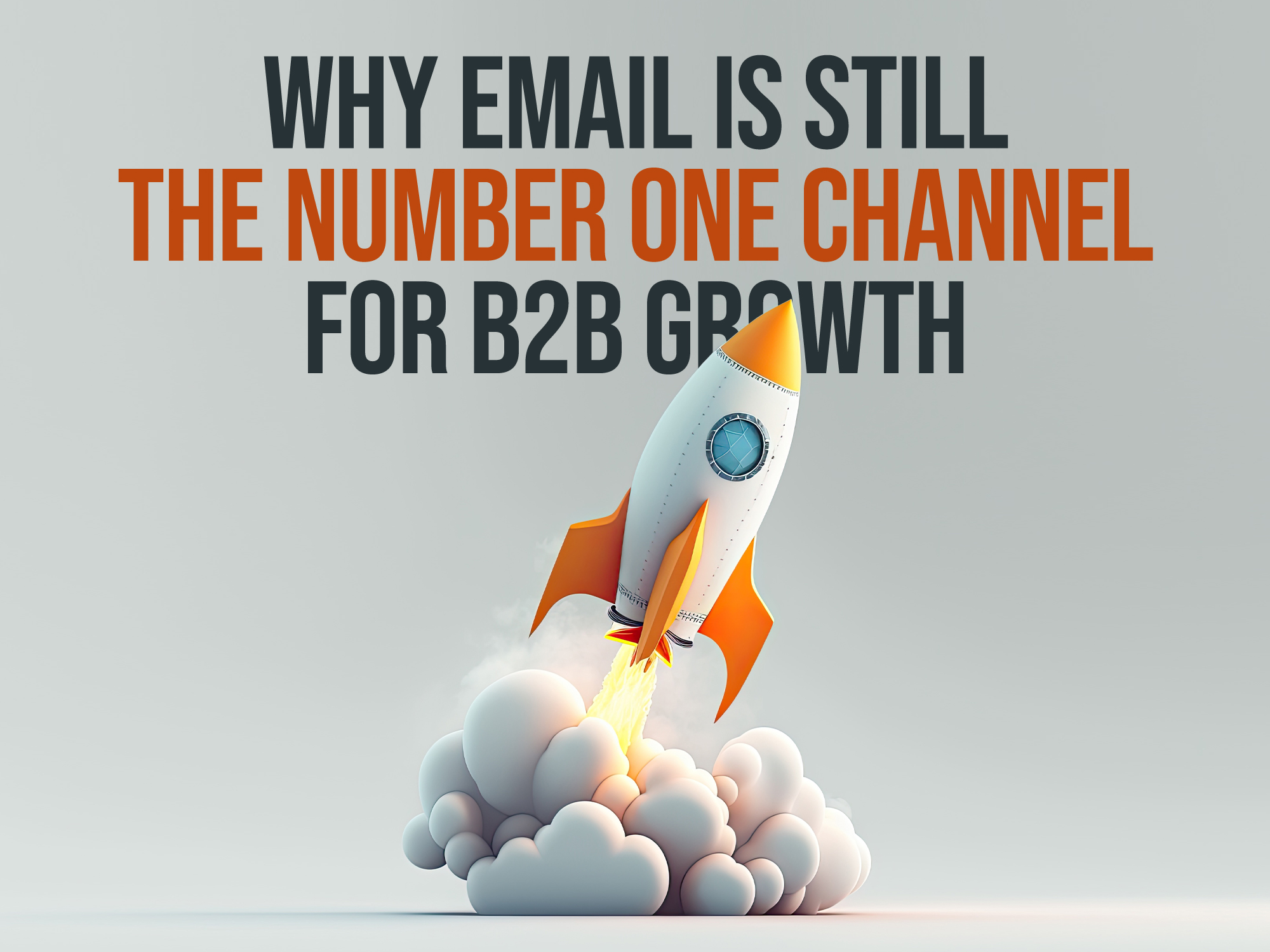
Can I add my clients’ email addresses to my email marketing database?
Yes, B2B businesses can add their clients to their email campaigns, but they must do so in a way that is compliant with data protection.
The fact that these contacts are people you work with as clients significantly strengthens your position to use their data for marketing. This is where the concept of ‘legitimate interests’ becomes a primary lawful basis.
Lawful Basis: Legitimate Interests
For most B2B marketing to existing clients, the primary lawful basis is legitimate interests. This is the most common approach because it’s a core part of business activity to market to your existing customer base.
To use legitimate interests, you must satisfy a three-part test:
- Purpose test: You have a legitimate interest in promoting your products and services to your clients.
- Necessity test: The processing of their personal data (e.g., their name and email address) is necessary to achieve this purpose.
- Balancing test: Your interests do not override the fundamental rights and freedoms of the individual. In the context of a pre-existing client relationship, it is reasonable for them to expect to receive marketing from you about relevant services.
Not all business contacts are the same
Be mindful of sole traders and some partnerships.
- Corporate subscribers: If your client is a limited company or a limited liability partnership (LLP), you can send marketing emails to them without specific consent. This applies to generic addresses (info@company.com) and to email addresses that identify an individual (jane.doe@company.com). However, you still must provide a clear and easy way for them to opt out.
- Sole traders and some partnerships: These are treated as ‘individual subscribers’ under PECR (the Privacy and Electronic Communications Regulations 2003 which sit alongside UK GDPR).
The rules are stricter for sole traders because although they may be a client, they are also treated as individuals. You generally need their consent. However, this is where the ‘soft opt-in’ exemption becomes vital. Since they are your clients, you can likely rely on this.
Key requirements for all B2B marketing
Regardless of whether you rely on legitimate interests or the soft opt-in, you must always:
- Provide a clear opt-out: Every single marketing email must contain a prominent and easy-to-use ‘unsubscribe’ or ‘opt-out’ link. This is a fundamental right under GDPR.
- Honour opt-outs immediately: You must stop sending marketing messages to anyone who has opted out and update your records promptly.
- Be transparent: Your privacy policy must clearly explain that you process client data for direct marketing purposes and specify your lawful basis for doing so (e.g., legitimate interests).
Conclusion
It is generally okay to add your business clients to your email marketing database, as long as you do it correctly. The pre-existing client relationship provides a strong legal basis (‘legitimate interests’ or ‘soft opt-in’), but this is contingent on you being transparent, providing a clear opt-out in every message, and ensuring the marketing is relevant to the services you provide. The burden of proof is on you to demonstrate your compliance, so good record-keeping is essential.
Wisetiger tip
Before you launch into emailing your existing clients it’s a good idea to let them know what’s coming. A sudden influx of marketing messages might come as a surprise and could even land you in their spam folder.
A quick heads-up email can make all the difference. You can explain that you’ll be soon be sending out some insightful updates and that they’ll be the first to hear about them. This is also a fantastic opportunity to give them a clear and easy way to opt out, which shows you respect their inbox. A proactive approach like this builds trust and keeps your relationship strong, so you’re not annoying them further down the line.
If you have any further questions about GDPR and email marketing compliance for your business, please don't hesitate to get in touch.
Disclaimer: This is a general example for informational purposes and not legal advice. It's always a good idea to have a legal professional review your specific requirements.



